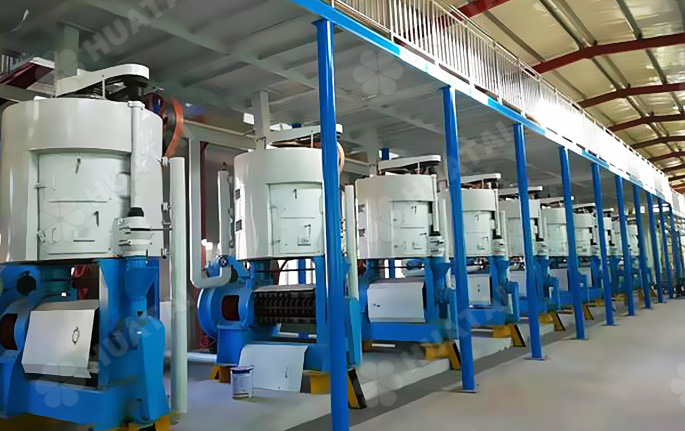
In today’s competitive global market, peanut oil producers must meet strict international standards while reducing environmental impact and ensuring consistent product quality. A fully automated pressing system is no longer just an option—it's a strategic necessity for manufacturers aiming to scale sustainably.
High-quality peanut oil starts with standardized raw material selection. According to the ISO 3657:2022 standard for edible oils, only peanuts with moisture content below 8% and free fatty acid levels under 1% should be used. Manual sorting often misses subtle defects—automated optical sorters can identify off-color or moldy kernels with over 98% accuracy, significantly improving consistency.
| Process Stage | Manual Method | Automated System |
|---|---|---|
| Pre-Pressing Cleaning | ~70% efficiency | >95% efficiency |
| Temperature Control | ±5°C variance | ±1°C precision |
| Oil Yield per Ton | 180–190 kg | 205–215 kg |
The integration of smart sensors and PLC control systems allows real-time adjustments during pressing, minimizing human error and optimizing energy use. For example, one Indian OEM reported a 22% reduction in electricity consumption after switching to automated presses, based on internal audits conducted by SGS.
International buyers increasingly demand certifications such as HACCP, ISO 22000, and FSSC 22000. An automated press enables traceability from batch to finished product through integrated data logging. This not only streamlines compliance but also strengthens buyer trust—especially when exporting to EU or GCC markets where food safety regulations are stringent.
Moreover, modern equipment features closed-loop cooling systems and low-noise motors, aligning with EU Eco-Design Directive requirements. These innovations reduce waste heat emissions by up to 30%, making your facility more attractive to ESG-focused investors and importers.

For businesses looking to upgrade their production lines, adopting a fully automated solution isn’t just about efficiency—it’s about building resilience against supply chain volatility, regulatory changes, and shifting consumer expectations.
With rising labor costs and tighter quality demands, companies that delay automation risk falling behind competitors who have already implemented these systems. The ROI period for a mid-scale automated peanut oil press typically ranges from 12 to 18 months, especially when factoring in reduced rework, lower utility bills, and fewer customer complaints.
Whether you're targeting domestic expansion or entering new export markets like the Middle East, Southeast Asia, or Latin America, a reliable, intelligent pressing system positions your brand as both innovative and trustworthy.

